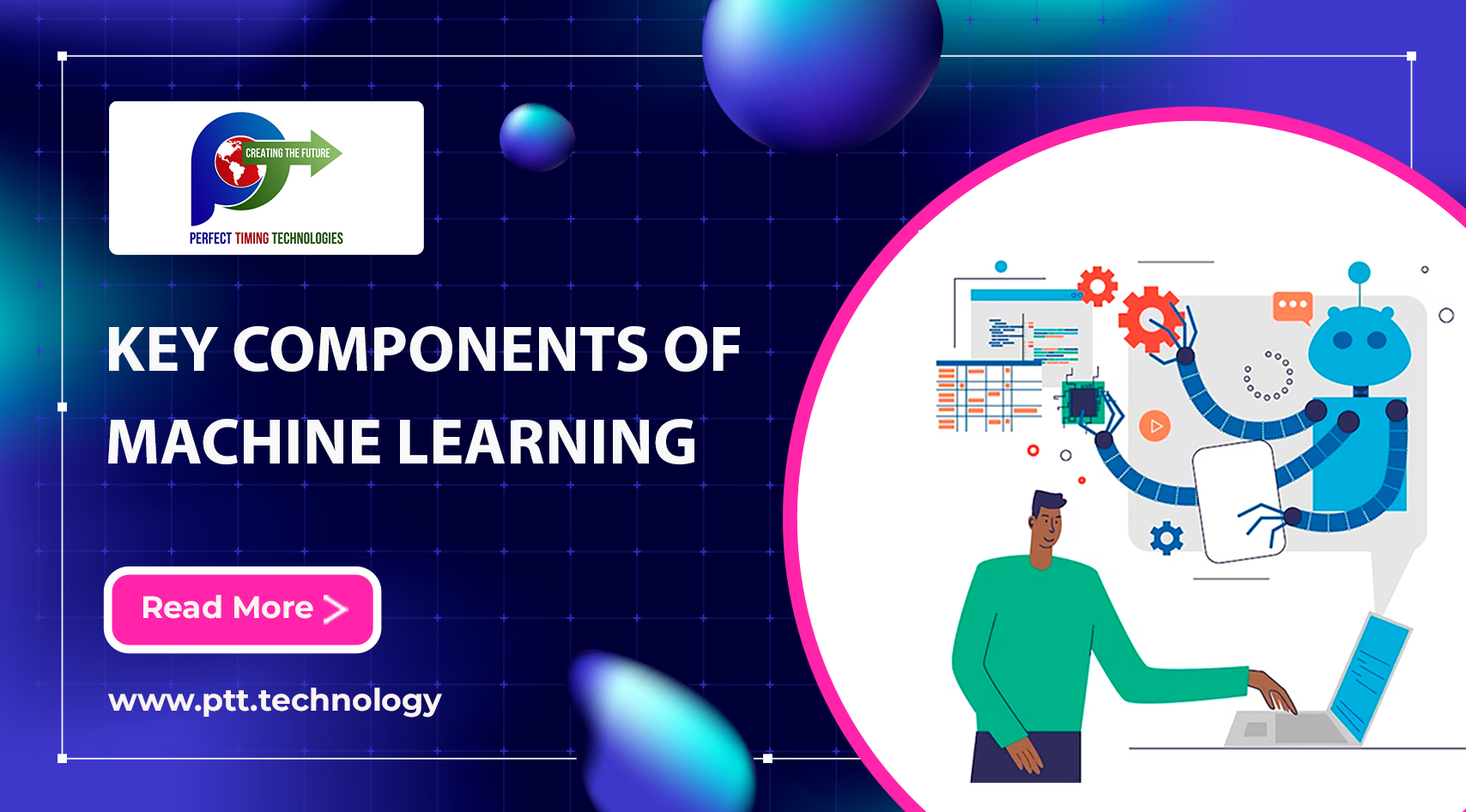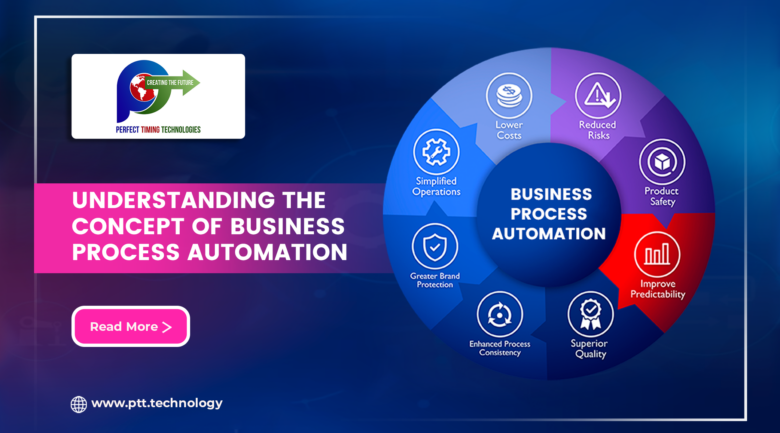
Learning is an ongoing process. Machine learning is a subset of Artificial Intelligence. Machine learning involves the development of algorithms and models that enable computers to learn from data and improve their performance on a specific task without being explicitly programmed. The core idea behind machine learning is to allow computers to identify patterns and make predictions or decisions based on the data provided.
Key Components of the Machine Learning Process
The machine learning process involves several components juxtaposed to develop, train, evaluate, and deploy machine learning models.
Given below is a brief description of each step involved in the machine-learning process.
- Data Collection: This step involves gathering relevant and representative data to the problem you want the machine learning model to solve. The quality and quantity of data play a crucial role in its success.
- Data Preprocessing: This step involves cleaning, transforming, and preprocessing the data to remove noise, handle missing values, and converting it into a suitable format for training the model.
- Data Extraction: Here, identifying the most important features or attributes in the data that helps to make predictions is done. This step is crucial for reducing the dimensionality of the data and focusing on the relevant information.
- Model Selection: This step involves choosing an appropriate machine learning algorithm or model that suits the specific problem. There are various types of models, such as linear regression, decision trees, support vector machines, neural networks, and more.
- Model Training: Using the prepared data to train the selected model is done during the training phase. The model adjusts its internal parameters based on the input data and its corresponding correct output.
- Model Evaluation: In the evaluation phase, assessing the performance of the trained model using evaluation metrics, such as accuracy, precision, recall, or F1-score, depending on the type of problem is carried out.
- Hyperparameter Tuning: In this step, the model’s hyperparameters are modified to improve its performance. Hyperparameters are parameters set before training that control the learning process.
- Model Deployment: Once the model has demonstrated satisfactory performance on the evaluation set, it can make predictions on new, unseen data.
- Monitoring and Maintenance: This step involves continuously monitoring the model’s performance in the real-world scenario and updating it if needed to maintain accuracy and relevance.
Examples of Machine Learning Applications
Machine learning is a versatile technology that finds applications in various domains. Some of the machine learning applications in real-world scenarios are-
- Image Recognition: Machine learning helps in image recognition tasks. Applications include facial recognition systems, object detection in images, and autonomous vehicles identifying pedestrians, traffic signs, and obstacles.
- Natural Language Processing (NLP): NLP employs machine learning techniques for language translation, sentiment analysis, speech recognition, chatbots, and text summarization.
- Fraud Detection: Machine learning helps financial institutions detect fraudulent activities by analyzing transaction patterns and identifying anomalies.
- Customer Churn Prediction: Companies use machine learning to predict which customers are likely to churn (stop using their services) so they can take proactive measures to retain them.
- Finance and Stock Market Prediction: Machine learning models can analyze historical stock market data to predict future stock prices.
- Speech Recognition: Virtual assistants and voice-controlled devices use machine learning for accurate speech recognition and natural language understanding.
Conclusion
The success of a machine learning project relies heavily on data quality, feature engineering, and selecting the right model and approach for the specific problem at hand.
With applications that machine learning offers across various industries and sectors, it has become one of the most transformative technologies in today’s world.
At Perfect Timing Technologies, we offer various IT and software development solutions with our ConiaSoft Software Packages.
Contact us today.







